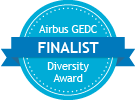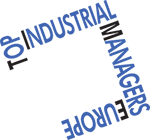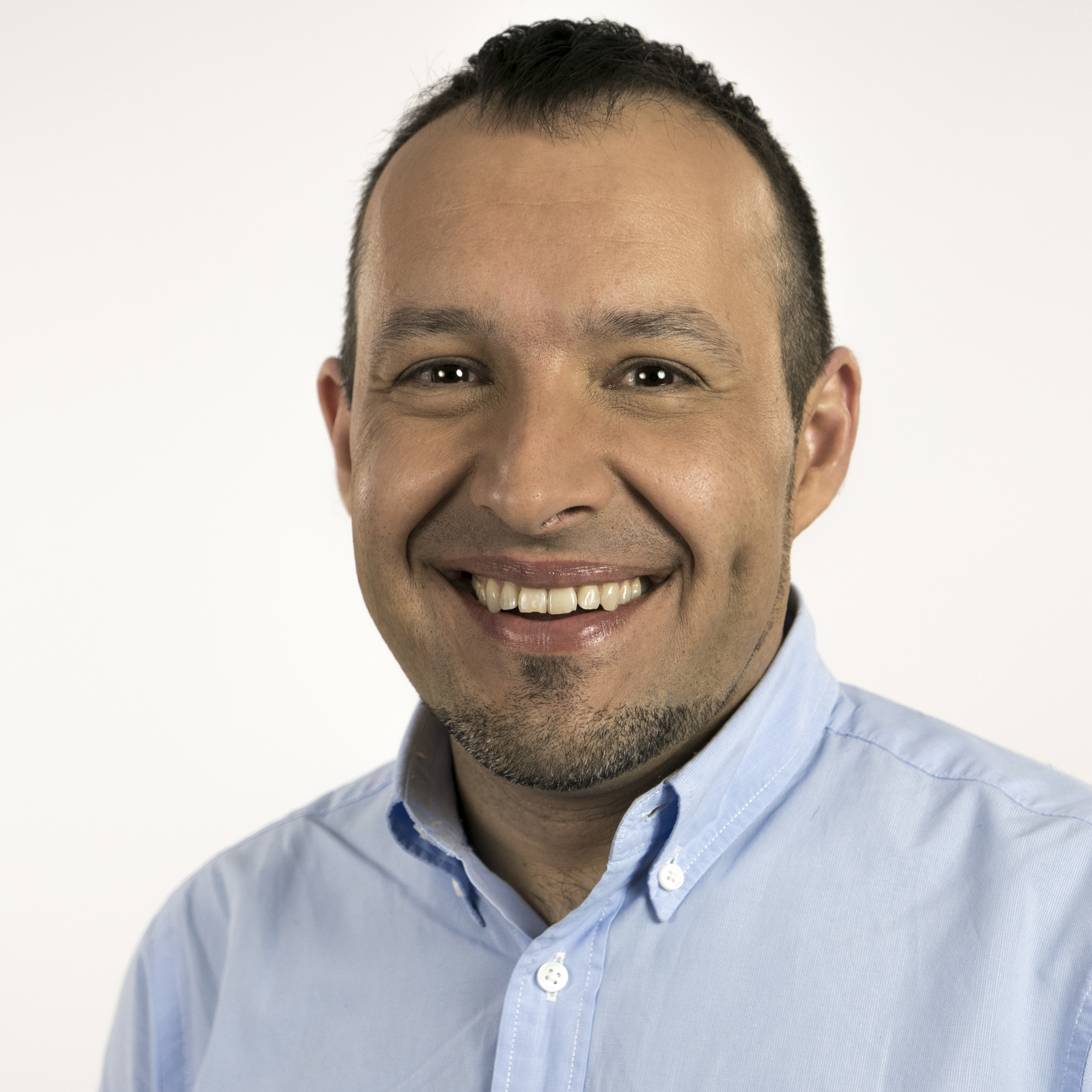Embracing Diversity
Embracing Diversity
This course promotes the inclusion of women and LGBT people to drive innovation in academic, social and corporate environments and considers the effects of discouragement and self-exclusion on female talent in STEMs.

Course description
Because of gender stereotypes, women are still given fewer opportunities in life and they have to put more effort into making people understand their value and creativity. LGBT (lesbian, gay, bisexual, transgender) people can also be discriminated against because of prejudices and biases.
Embracing diversity is essential for developing the talent of everyone and for promoting creativity and innovation in academic, social and corporate environments. This 4-week course is aimed at understanding what the roots of biases and stereotypes are, what practical solutions are possible to adopt to promote the inclusion of women and LGBT people in these environments, and why gender and sexual diversity drives innovation and generates new energy.
The course considers the effects of discouragement and self-exclusion on female talent in science, technology, engineering and math, known as STEMs, which has big repercussions in the work world. It also shares some actions useful to motivate girls to study STEMs and reports the cases of some organizations that have decided to promote inclusion to create a fertile, authentic work environment for everyone. Finally, the course provides a bibliography about gender and sexuality.
Total workload of the course: 8 hours
This MOOC is provided by Politecnico di Milano.


Co-funded by the Erasmus+ Programme of the European Union
Project number 561642-EPP-1-2015-1-IL-EPPKA2-CBHE-JP
This project has been funded with support from the European Commission. This communication reflects the views only of the author, and the Commission cannot be held responsible for any use which may be made of the information contained therein.

T.I.M.E. Association. Project D-STEM
The realization of the second week of the course, focused on gender and STEM, has been funded with the support from T.I.M.E. Association in the framework of D-STEM Project.
Intended Learning Outcomes
By actively participating in this MOOC, you will be able to:
-
Define the concepts of biological sex, gender identity, and sexual orientation,
and analyze the roots of biases and stereotypes.
ESCO: gender studies - Assess the impact of discouragement and self-exclusion on female talent in STEM fields, and identify effective strategies to encourage girls to pursue STEM studies.
-
Evaluate diversity business cases and organizational best practices that promote gender
and LGBT inclusion in professional environments.
ESCO: promote inclusion ESCO: promote gender equality in business contexts
Prerequisites
No prerequisite knowledge is required.
Activities
Over and above consulting the content, in the form of videos and other web-based resources, you will have the opportunity to discuss course topics and to share ideas with your peers in the Forum of this MOOC. The forum of this MOOC is freely accessible and participation is not guided; you can use it to compare yourself with other participants, or to discuss course contents with them.
A Bibliography section is also available, where you can find a list of resources that can help you in deepening the topics of the course.
Section outline
-
-
During the first week, the course will focus on the concepts of biological sex, gender identity and sexual orientation and then on the roots of biases and stereotypes. The first week includes also 2 video interviews to Valore D and Parks, two Italian associations that promotes gender and LGBT inclusion.
-
In the second week, the effects of discouragement and self-exclusion on female talent in STEMs will be analysed. This week includes also some actions useful to motivate girls to study STEMs.
-
During the third week, a video bibliography about gender and LGBT diversity and inclusion will be proposed, presenting also several diversity business cases. The course will also report the successfully cases of some organizations that have decided to promote the inclusion of women and LGBT people to create a fertile, authentic work environment for everyone.
-
During the fourth week, the main key issues presented in the course will be summarized.
-
-
Bibliography Page
-
Assessment
Your final grade for the course will be based on the results of your answers to the assessed quizzes. You have an unlimited number of attempts at each quiz, but you must wait 15 minutes before you can try again. You will have successfully completed the course if you score 60% (or higher) in each one of the assessed quizzes. The maximum score possible for each quiz is given at the beginning of the quiz. You can view your score in the quiz on your last attempt or on the 'Grades' page.
Certificate
You can achieve a certificate in the form of an Open Badge for this course if you reach at least 60% of the total score in each one of the assessed quizzes and complete the final survey.
Once you have completed the required tasks, you will be able to access ‘Get the Open Badge’ and start issuing the badge. Instructions on how to access the badge will be sent to your e-mail address.
The Badge does not confer any academic credit, grade or degree.
Information about fees and access to materials
You can access the course absolutely free of charge and completely online.
Course faculty

Andrea Notarnicola
Andrea Notarnicola is a diversity and inclusion practitioner. His career in culture change, education and communication consultancy began 20 years ago in Electrolux. Then he joined the Deloitte Consulting Change Leadership team.
In the last 20 years, he has worked on diversity and inclusion with many organizations. He has specialized in internal communications, training and coaching, and he has been involved in the delivery of a wide spectrum of projects. As a partner of Newton, he was the project leader of the open distance Master Programme MASTER 24, which involved more than 10,000 people.
He is the training manager of Parks, a European association for LGBT issues in the workplace. He has been a lecturer for several universities and schools with many of which he still collaborates: 24 ORE Business School, Venice Ca’ Foscari, IULM, Udine, Cattolica Milano, Bocconi, Pavia, Trieste, MIB School of Management, ALMA Business School, and Domus Academy.
Contact details
If you have any enquiries about the course or if you need technical assistance please contact pok@polimi.it. For further information, see FAQ page.